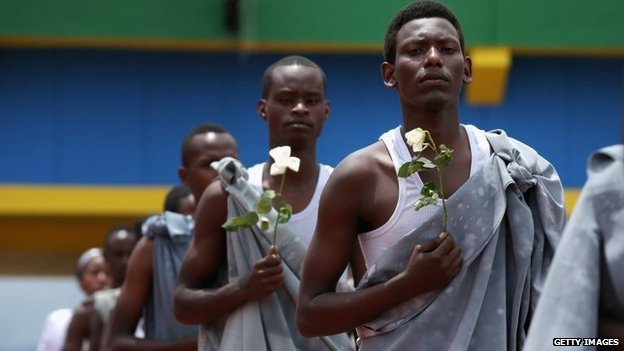By Kathryn Maureen Ryan Impunity Watch Reporter, Middle East BEIRUT, Lebanon – Mariam al-Khawli, a Syrian refugee who fled the conflict in her home country two years ago, self-immolation in front of the United Nations headquarters in Beirut Lebanon last Week. She doused herself with gasoline and lit herself on fire in protest of the devastating cuts to aid for refugees that have affected her ability to provide for her family. She came to Lebanon two years ago with her husband and four children after fleeing the violence in her home country. Like many refugees she depended on aid to provide for her family, including treatment for her children’s health conditions, which had stopped in August.

Mariam al-Khawli survived her protest and is now being hospitalized. According to her doctor, Gabriel al-Sabeh, said 70 percent of Mariam al-Khawli’s body is now covered in severe burns and if she survives she will be hospitalized for several months to treat her injuries. Mariam al-Khawli’s decision to protest the United Nations aid cuts in this fashion was driven by her family’s desperation. Her husband is unable to work due to a lung abscess and three of her four children have blood conditions that require treatment. She said of the UN’s action that “”they burned my heart before they burned my body. They burned my heart from the inside.” Mariam al-Khawli is one of more than one million refugee’s struggling to survive in Lebanon. On 3 April the one millionth refugee to enter Lebanon was officially registered. The United Nations High Commissioner for Refugees has called this a “devastating milestone” for a small country whose resources have been stretched extremely thin as a result of the sudden and massive influx of civilian refugees into their population. It is now believed that about one quarter of the population on Lebanon is now made up of Syrian refuges. Ninette Kelley, regional representative for Lebanon at the Office of the United States High Commissioner for Refugees, said Khawli’s case was “a very sorrowful reflection of the enormous desperation and need of the refugee community and it is also a telling reminder of the consequences of the Syrian emergency and the unfolding crisis here in Lebanon”. According to UNHCR chief Antonio Guterres this “devastating milestone” has been worked by the rapid depletion of resources in Lebanon, the host country for more than one million refugees from Syria and previous conflicts in Palestine, which has left the country “stretched to breaking point.” He said, “Tiny Lebanon has now become the country with “the highest per capita concentration of refugees worldwide,” and is “struggling to keep pace.” According to Antonio Guterres “almost half of the Syrian population is displaced.” The United Nations has cut the size of food parcels providing to starving Syrian communities by a fifth because of a shortage of funding form donor states. The United Nations’ World Food Programme managed to get food to a record 4.21 million people inside Syria in March despite funding challenges. However, this was just fort of its target of reaching 4.2 million people. Donor states pledged $2.3 billion for aid agencies helping Syria at a conference in Kuwait in January. However, only $1.1 billion of the funds pledged has actually reached these agencies. The delay in donor states meeting their pledges for the Syrian people has led to a cut in the standard size of a food basket for a family of five people. Last month, Lebanon’s foreign minister said the crisis was “threatening the existence of Lebanon,” a country that is still recovering from its own bloody 15-year civil war that ended in 1990. According to Jan Egeland, the secretary-general of the Norwegian Refugee Council, an organization that has about 1,000 relief workers on the ground in and around Syria, Syrian refugees living in Lebanon could be significantly higher than the official numbers. He said not all Syrian refugees living in Lebanon had become officially registered with the United Nations, a process that often takes months. Egeland argued that the scope and breadth of the refugee crisis creating by the Syrian Civil War is not well understood and the international community may not be prepared to deal with the crises. He said, “his is not just another war, this is a generational challenge and we are not up to meeting that challenge.” For more information please see: Al Jazeera – Fund Crunch Forces UN to Cut Syria Food Aid – 09 April 2014 Al Jazeera – Syrian Refugees Hit Million Mark in Lebanon – 03 April 2014 Al Jazeera – Syrian Self-Immolation Case Reflects Tragedy – 03 April 2014 The Times of Malta – ‘They Burned My Heart Before My Body’ – 03 April 2014 The New York Times – Lebanon Hosts Over a Million Who Fled Syria, U.N. Reports – 03 April 2014

